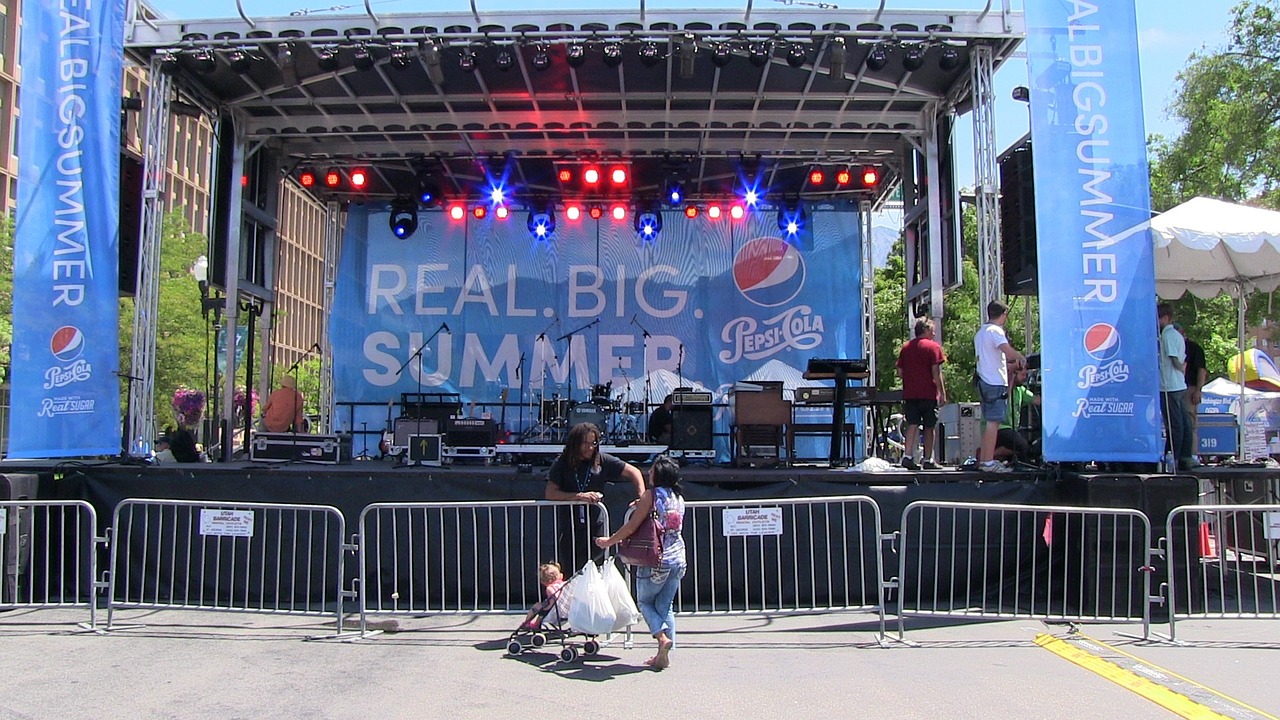The Role of Cultural Representation in Modern Cinema
Modern cinema plays a crucial role in shaping societal perceptions and beliefs. One of the key aspects that influence the impact of films on audiences is the representation of diverse cultures. Cultural representation in cinema involves how different cultures are portrayed, celebrated, or stereotyped in movies. In recent years, there has been an increased emphasis on the importance of authentic and inclusive cultural representation in films.
The Importance of Cultural Representation
Cultural representation in cinema is essential for several reasons. Firstly, it helps in promoting diversity and inclusivity by showcasing stories and perspectives from various cultures. This can lead to greater empathy and understanding among audiences, as they are exposed to different ways of life and experiences. Additionally, cultural representation can help in breaking stereotypes and challenging biases that may exist in society.
Impact of Cultural Representation in Cinema
The way cultures are represented in films can have a significant impact on how they are perceived by the general public. Positive and authentic portrayals of cultures can help in fostering respect and appreciation for diversity. On the other hand, stereotypical or inaccurate representations can reinforce harmful stereotypes and contribute to cultural biases.
Examples of Cultural Representation in Film
There have been several notable examples of films that have successfully portrayed different cultures in a positive and authentic light. For instance, the film “Crazy Rich Asians” received praise for its portrayal of Asian culture and for featuring a predominantly Asian cast. Similarly, the movie “Black Panther” was celebrated for its depiction of African culture and its exploration of Afrofuturism.
Conversely, there have also been instances where cultural representation in films has been criticized for being inaccurate or offensive. For example, the film “Aloha” faced backlash for casting Emma Stone, a white actress, in the role of a character of Asian and Hawaiian descent.
Challenges in Cultural Representation
Despite the growing awareness of the importance of cultural representation in cinema, there are still challenges that filmmakers face in accurately representing cultures. One of the main challenges is the lack of diversity both behind and in front of the camera. Without input from individuals who belong to the culture being portrayed, filmmakers may unintentionally perpetuate stereotypes or overlook important cultural nuances.
Call for Authentic Representation
To address the challenges in cultural representation, there is a growing call for greater authenticity and inclusivity in filmmaking. This involves hiring diverse talent, including writers, directors, and actors from various cultural backgrounds, to ensure that stories are told authentically. It also requires conducting thorough research and consulting with cultural experts to accurately capture the essence of different cultures.
Conclusion
In conclusion, cultural representation in modern cinema plays a vital role in shaping societal perceptions and promoting diversity. By portraying diverse cultures authentically and inclusively, filmmakers can help in breaking stereotypes, fostering understanding, and celebrating the richness of human experiences. As audiences become more discerning and demand greater authenticity in films, the role of cultural representation in cinema will continue to evolve and shape the future of storytelling.
FAQs
Q: Why is cultural representation important in cinema?
A: Cultural representation in cinema is important as it helps in promoting diversity, challenging stereotypes, and fostering understanding among audiences.
Q: What are some examples of films with positive cultural representation?
A: Films such as “Crazy Rich Asians” and “Black Panther” are examples of movies that have been praised for their authentic and positive portrayal of different cultures.
Q: What are the challenges in achieving authentic cultural representation in films?
A: Challenges in cultural representation include lack of diversity behind and in front of the camera, as well as the risk of perpetuating stereotypes without proper consultation with cultural experts.







